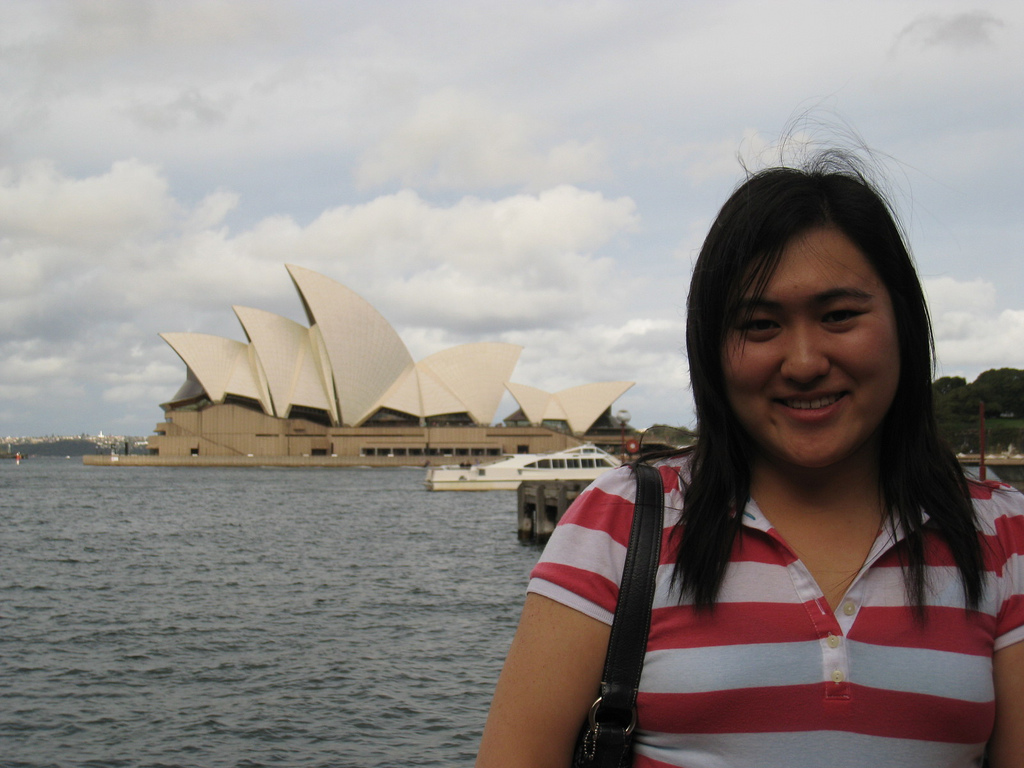Tourism Australia (TA) is seeking a Chinese IT and media agency to help it spearhead a new marketing campaign to attract more Chinese tourists to holiday in Australia.
Chinese tourism is already the fastest growing and most valuable inbound market to Australia: about 789,000 Chinese tourists visited Australia in the year to September 2014 – up ten per cent from the year before – and they spent a whopping $5.4 billion.
Chinese visitors eclipsed visitor numbers from every other country, except New Zealand, and they stayed longer and significantly outspent tourists from every other country.
It’s a lucrative market that is poised to become even more profitable in years to come. Figures recently released by Tourism Australia suggest that annual spending by Chinese visitors to Australia could rise to $13 billion annually by 2020 and TA wants to ensure numbers continue to build.
TA request for tender on the Austender website said that it was looking for an agency located in China which was “deeply experienced in delivering large scale responsive websites, including support and hosting capabilities; through to creative development of online, mobile and social media campaigns” to reach, engage and target consumers with “the idea of an Australian holiday”. Other requirements include local representation in Shanghai and extensive knowledge of the local market in mainland China.
Tourism Australia is deadly serious about increasing its hold on the Chinese tourism market and it has focused its efforts over the years. It launched the consumer website Austrlia.cn in 2012, which included Sina Weibo, a microblogging website and Youku, an official TA video space and last November.
In November last year it ran a six-day media campaign on Weibo following the country’s president, Xi Jinping and his wife as they toured around Australia. Named ‘Dada’s Visit to Australia’ (the nickname the Chinese have given their president, like papa) the campaign focused on Australian food and culture as the presidential couple travelled to Sydney, Canberra, Brisbane and Tasmania.
The campaign also got interactive by asking Chinese people living in Australia or who had visited the country to make travel and food recommendations as the couple journeyed. The campaign attracted 120 million visitors to TA’s Weibo website and secured a 300 per cent increase in traffic.
Food and wine were also the focus during a Tourism Australia dinner for 400 “influencers” held in Shanghai last November which showcased Australian food and wine. The importance of the Chinese tourism dollar is not lost on the federal government either with Prime Minister Tony Abbott announcing earlier this week that Chinese travellers can now get multiple entry three-year tourist visas. Prior to this visas had to be guaranteed by travel agents.
Engaging a Chinese company to help mount a successful marketing campaign should help Tourism Australia gain a deeper understand of how to make Australia more appealing to Chinese tourists and to better target marketing.
Brian Hennessy and Yirong Li from Chinese-Australian company China Australia Consult, which prepares individuals and companies for living and doing business in China, said Chinese tourists had a particular way of approaching overseas holidays.
They said Chinese tourists would want to cram in as many sights as possible in order to boast about their visit on their return and to gain ‘face’.
“Unfortunately, our guests may not be interested in delving too deeply into Western culture. And they will not want to spend a lot of time enjoying just a few very interesting attractions. Instead, they would prefer to sample as many local attractions that they can possibly fit into their tight schedule. This way they believe that they will be getting their money’s worth.”
Like other visitors, they would be keen to experience Australia’s natural beauty but they would be likely to avoid acquiring a tan, since many associated this with peasants.
“If we reflect on where Chinese people are coming from – a Confucian mono-culture with a totalitarian government, and crowded mega-cities with polluted skies and unsafe water – it should come as no surprise to learn that as well as visiting our natural wonders, they will also want to experience our relaxing, healthy, lifestyle.”
Mr Hennessy and Ms Li said many Chinese tourists would put shopping near the top of their to-do lists, since family, friends and colleagues expected gifts on their return. Trying different food and cuisines would also be near the top of the list.
“Although famous brand items can be purchased in any large city in China, items purchased abroad accrue more face and are less likely to be fake. They will also want to buy local iconic products – particularly those associated with native flora and fauna,” they said.
The two even have some suggestions for Australian retailers when dealing with Chinese tourists.
“Give them a warm welcome and a lot of attention. Offer to assist. Target group leaders – the rest might follow. Expect them to bargain and do whatever you need to do to make them think that they are getting a good deal. For example; add a token gift to the purchase (old stock that won’t move, a dashboard kangaroo, or a humble koala key-ring),” they said.
Comment below to have your say on this story.
If you have a news story or tip-off, get in touch at editorial@governmentnews.com.au.
Sign up to the Government News newsletter
Most read
Scathing report finds little has changed at PwC
Qld council welcomes progress on massive battery system
‘Local’ procurement turns out not to be so local, committee hears
Another report finds local government falling down on cyber security
MoG changes see regions, investment return to NSW Premier’s Department

